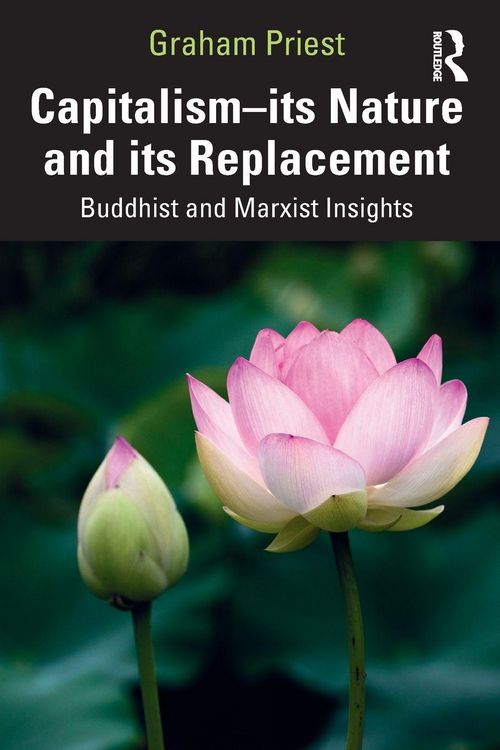
Capitalism--its Nature and its Replacement Buddhist and Marxist Insights
-
- Hardcover
- Taschenbuch ausgewählt
- eBook
-
Sprache:Englisch
53,99 €
inkl. MwSt,
Lieferung nach Hause
Beschreibung
Details
Einband
Taschenbuch
Erscheinungsdatum
25.10.2021
Verlag
Taylor & FrancisSeitenzahl
270
Maße (L/B/H)
22,6/15,5/2 cm
Gewicht
407 g
Sprache
Englisch
ISBN
978-1-03-204910-6
Convincingly shows capitalism's role in creating current socio-economic problems. Shows how Buddhist and Marxist notions of persons are mutually complementary. Provides an analysis of the corrosiveness of top-down power structures and why they should be eliminated in a post-capitalist state.
Unsere Kundinnen und Kunden meinen
Verfassen Sie die erste Bewertung zu diesem Artikel
Helfen Sie anderen Kund*innen durch Ihre Meinung
Kurze Frage zu unserer Seite
Vielen Dank für dein Feedback
Wir nutzen dein Feedback, um unsere Produktseiten zu verbessern. Bitte habe Verständnis, dass wir dir keine Rückmeldung geben können. Falls du Kontakt mit uns aufnehmen möchtest, kannst du dich aber gerne an unseren Kund*innenservice wenden.
zum Kundenservice